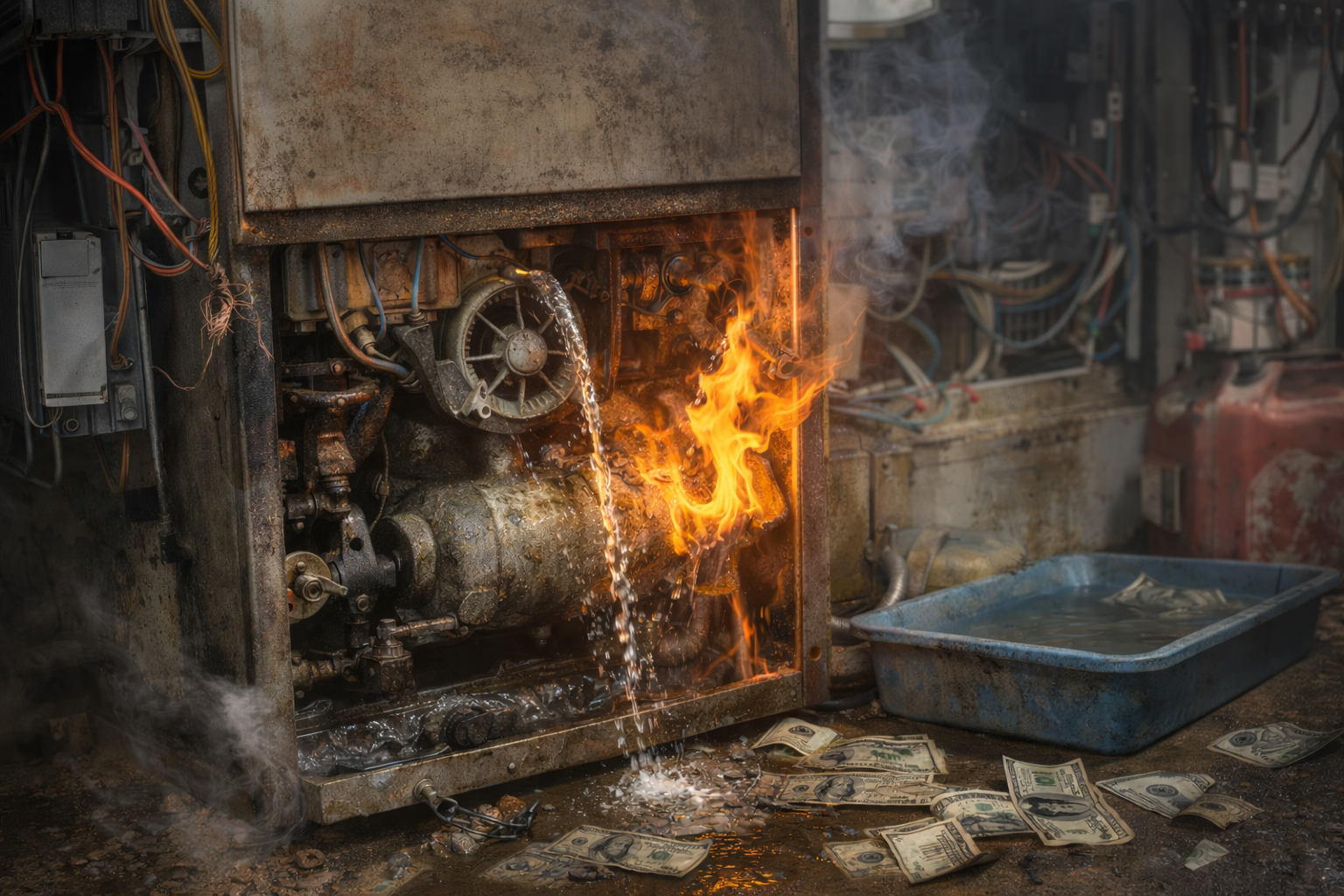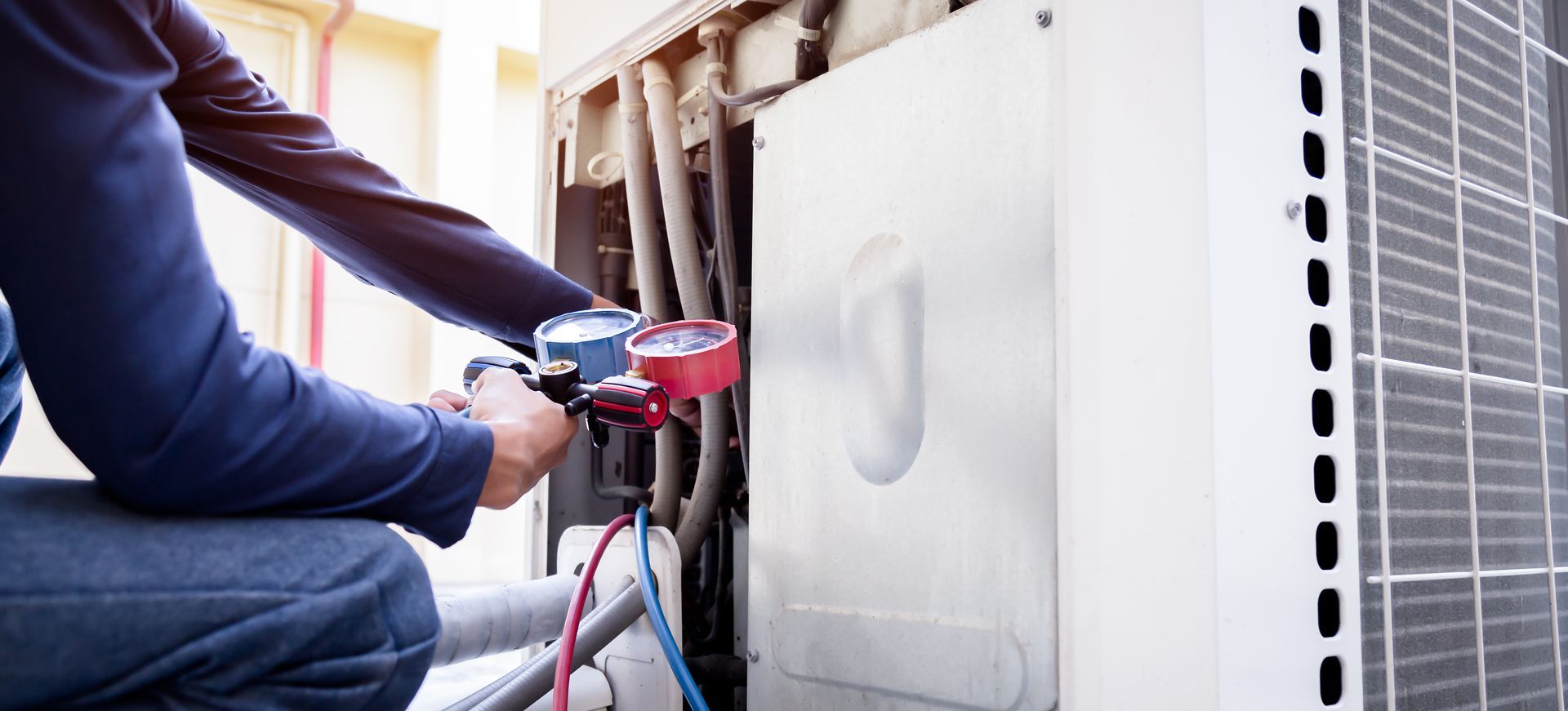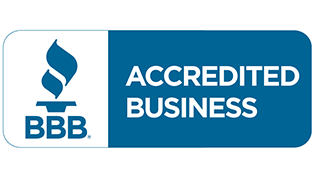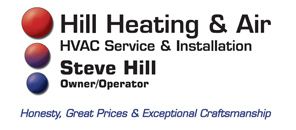The Impact of Utah’s Air Quality on Your HVAC Filters & Indoor Health
If you live in Utah, you’ve probably experienced days when the air outside looks hazy or smells smoky. Seasonal wildfires, winter inversions, and urban pollution all contribute to Utah’s reputation for poor air quality. But what many homeowners don’t realize is that outdoor air quality directly impacts your HVAC system—and especially your air filters.
This blog explains how Utah’s unique air conditions affect your filters, what that means for your indoor health, and how to take simple steps to protect your family and home comfor
How Utah’s Air Quality Affects HVAC Filters
Air filters are designed to trap particles before they circulate through your home. In Utah, outdoor pollutants make that job much harder.
Here are the main air quality challenges:
- Inversions: During winter, cold air gets trapped in valleys, holding pollution close to the ground. Your filters end up capturing higher amounts of fine particles.
- Wildfire Smoke: Summer fires can blanket the Wasatch Front in smoke, pushing filters to clog faster with ash and fine dust.
- Dust and Pollen: Utah’s dry climate and desert winds carry dust, pollen, and allergens that increase indoor buildup.
- Urban Pollution: Cars, industry, and growing populations add to outdoor pollution that enters through doors, windows, and ventilation.
When filters clog quickly, airflow is reduced, your HVAC system works harder, and indoor air quality drops. That means more energy use, higher utility bills, and potential health risks.
Why This Matters for Indoor Health
Clean indoor air is more than just comfort—it’s directly tied to your health. Poor filtration allows harmful particles to circulate inside your home.
Some common health effects include:
- Respiratory Irritation: Dust, smoke, and fine particles can worsen asthma, allergies, and chronic lung conditions.
- Headaches and Fatigue: Polluted air can contribute to poor sleep, headaches, and reduced concentration.
- Increased Illness: Bacteria, mold spores, and allergens spread more easily without proper filtration.
- Long-Term Risks: Exposure to fine particulates has been linked to more serious conditions like heart disease.
For families in Utah, where outdoor air challenges are frequent, the right filter maintenance is essential for a healthier home.
Steps to Protect Your HVAC System and Indoor Air
You don’t have to live with bad air indoors. Here are key steps homeowners in Utah can take to safeguard both HVAC performance and indoor health.
Step 1: Choose the Right Filter
Not all filters are the same. Look at the MERV rating, which measures how well a filter captures small particles. A higher MERV rating means better filtration, though you need to balance efficiency with airflow needs.
Step 2: Replace Filters Frequently
In Utah, filters often clog faster than in other regions. Instead of every 90 days, you may need to replace them every 30–60 days during wildfire season or winter inversions.
Step 3: Consider Advanced Filtration
For families with allergies or health concerns, upgrading to HEPA filters or adding air purifiers can provide an extra layer of protection.
Step 4: Schedule Regular HVAC Maintenance
Professional inspections can ensure your system is running efficiently and that filters and ducts are clean. This prevents strain on your system and improves longevity.
Step 5: Improve Home Sealing and Ventilation
Properly sealed doors, windows, and ducts reduce how much outdoor pollution enters your home. Adding ventilation systems with energy recovery can also keep air fresh without sacrificing efficiency.
Frequently Asked Questions
- How often should I change filters in Utah?
Because of dust, smoke, and pollution, most homeowners should replace filters every 30–60 days, especially during peak seasons. - Do higher MERV filters restrict airflow?
Yes, some high-MERV filters can reduce airflow if your system isn’t designed for them. It’s best to consult a contractor to balance air quality needs with system efficiency. - Will my HVAC protect me during wildfires?
A properly maintained HVAC with quality filters can reduce smoke indoors, but sealing windows and using air purifiers may also be necessary. - Can poor air quality damage my HVAC system?
Yes. Clogged filters make the system work harder, increasing wear and tear, raising energy bills, and potentially shortening the unit’s lifespan. - Should I run my HVAC fan continuously during inversions?
Running the fan can help circulate and filter indoor air, but only if your filters are clean. Otherwise, it can spread pollutants.
Conclusion
Utah’s air quality poses unique challenges for homeowners, but with the right filter strategy and regular maintenance, you can keep your home healthier and your HVAC system running efficiently. Paying attention to air quality and filters is one of the simplest yet most effective ways to protect your family’s comfort and wellbeing.
If you’re in South Jordan or the surrounding Wasatch Front, our team can help you choose the right filters, maintain your system, and improve indoor air quality year-round.
Contact us today to schedule a service or consultation.
